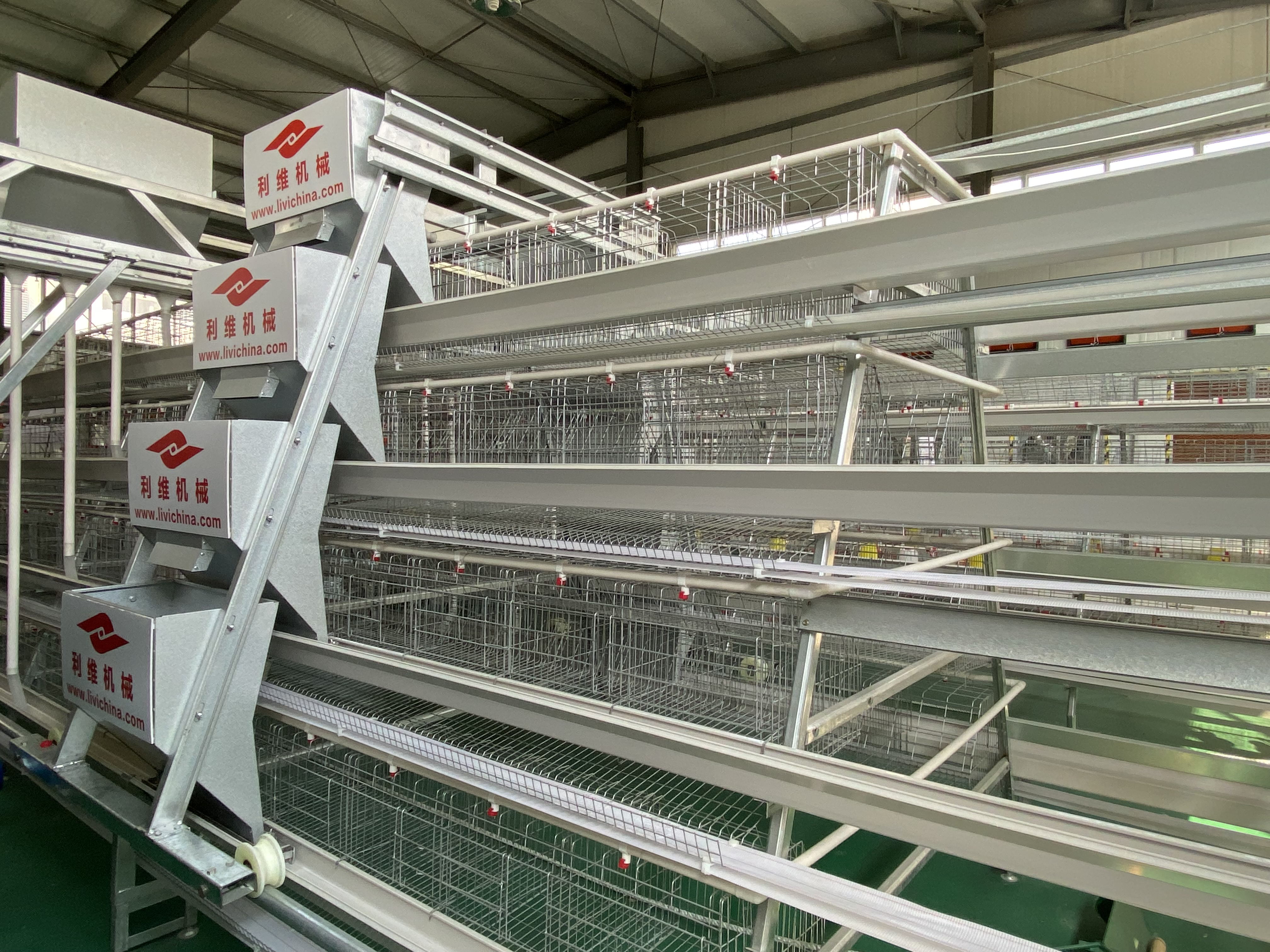What should I pay attention to when raising broilers in winter?
- font size decrease font size increase font size
In winter, the temperature is very cold, and the temperature required by the automated chicken cage equipment is very different from the outside temperature. Ventilation and heat preservation must be done well. When ventilating, be careful not to fluctuate the temperature in the warehouse. In order to prevent stress and disease caused by excessive temperature difference, the vent should be 1.5 meters higher than the back of the chicken. When the working temperature drops sharply, the insulation work cannot keep up, which often causes the broilers to feel cold, cough, sneeze, and have difficulty breathing. Therefore, breeders must do a good job in temperature changes, cold protection, and heat preservation to prevent thieves and draughts from attacking the chickens.
In winter, the temperature is very cold. In addition to heat preservation work, it is necessary to promptly remove the flocks of excrement and wet litter. If it is not cleaned up in time, it will cause the accumulation of ammonia in the chicken house and increase its concentration, which may cause ammonia poisoning or cause broiler diseases. Moreover, due to the accumulation of ammonia and the relative lack of oxygen, coupled with severe cold weather, chickens have a fast metabolism, and broilers that grow too fast are prone to ascites. Therefore, farmers should lay more than 5 cm of litter to prevent the sink from leaking and wetting the litter. If the humidity is too high, remove the feces and wet litter in time, or use ammonia-absorbent deodorant to reduce the ammonia concentration in the chicken house.

According to different growth stages of broilers, diets should be configured according to feeding standards. Due to the lower temperature in winter, the broilers consume more calories, and the humidity of the medicine improves the metabolizable energy standard of the feed. At the same time, the proportion of protein is appropriately reduced to meet the demand for vitamins. Feed should be prepared immediately to prevent freezing. If possible, feed after heating. The configured feed must be free of mildew and impurities to prevent respiratory diseases.
In the breeding process, regular disinfection is required to prevent the spread of diseases, and insist on disinfection with chickens to eliminate rodents. After sick chickens are sick, they should be isolated from healthy chickens for treatment, and dead chickens should be buried deeply. Try to reduce the necessary stress factors in the breeding process, take all feasible means to feed the chickens, ensure the body's energy needs, and enhance the chicken's disease resistance.

